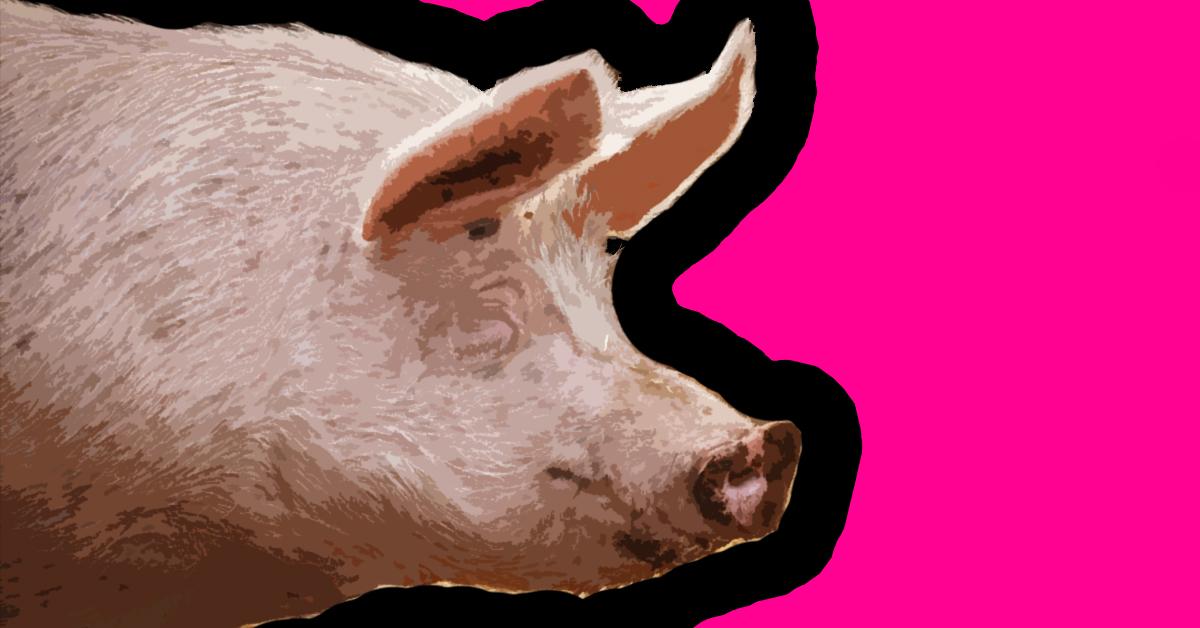In early September 2019, the Department of Agriculture (DA) confirmed that at least a thousand pigs died due to the African swine fever (ASF) virus. This was after swine tissue samples sent to the United Kingdom for analysis tested positive for the disease.
To date, there are at least 13 areas in the Philippines with confirmed cases of ASF, all of which are in Luzon. As a preventive measure, Cebu and Bohol have banned pork and processed meat products from Luzon, with Davao expected to follow suit. Meanwhile, DA secretary William Dar assured the public that the agency is doing everything within its power to control the spread of the disease.
Within the span of one month, at least 20,000 pigs in the Philippines have died due to ASF.
What does African swine fever do to pigs?
An illness caused by a large DNA virus of the Asfarviridae family, ASF is a massive problem for pigs, as it causes serious health ailments and even death.
Its symptoms include high fever, decreased appetite, weakness, redness, and blotchy or clackened lesions on the pig’s skin. Infected pigs may also suffer from diarrhea or respiratory illness. Sudden death may occur to newly exposed herds, but deaths usually occur within 7-10 days upon exposure. As for the animals that survive, they become carriers of the virus for several months.
Can humans suffer from ASF?
No, humans are not susceptible to ASF. It is a non-zoonotic disease, meaning that it does not infect humans.
The virus only attaches to specific pig cells, not humans cells. Furthermore, since its discovery, there has been no evidence of any mutation that may facilitate human transmission. However, humans can be carriers of the virus if they wear, carry, or use infected items such as knives.
How does it spread?
ASF often begins to spread within a herd after at least one pig ingests undercooked/contaminated pork products. It then spreads from pigs to pigs at a rather rapid pace, through direct contact with an infected pig or contaminated objects. The virus is also highly resistant to disinfectants, and can survive in especially low temperatures.
Is it still safe to eat pork?
Yes! As previously stated, ASF poses no risk to human health. Cooking the meat thoroughly will ensure that it’s safe for consumption. It’s also worth noting that a hog marked for slaughter is first assessed by a veterinarian. A slaughtered hog’s meat must also receive the National Meat Inspection Service’s approval before distribution and consumption.
What should I do?
At present, there is no vaccine or treatment for ASF.
As consumers, one should look for the stamp of the National Meat Inspection Agency to ensure that the meat underwent thorough screening. Additionally, meat should always be fully cooked before consumption to avoid foodborne pathogens.
On the other hand, hog raisers should adopt more sanitary measures, including proper disposal of carcasses and wastes, cleansing, disinfection, and zoning and movement controls. They must also kill any infected animals.
Furthermore, surveillance should be employed for strict biosafety in farms. Lastly, farmers should refrain from feeding raw and undercooked pork products to their pigs. –MF
References
- http://rappler.com/business/239661-african-swine-fever-in-philippines-2019
- https://www.rappler.com/business/240598-da-confirms-quezon-city-hogs-test-positive-african-swine-fever
- https://news.abs-cbn.com/business/09/23/19/visayas-mindanao-remain-free-of-african-swine-fever-agri-dept
- http://www.cfsph.iastate.edu/FastFacts/pdfs/african_swine_fever_F.pdf
- https://www.oie.int/en/animal-health-in-the-world/animal-diseases/african-swine-fever/
- https://www.efsa.europa.eu/en/topics/topic/african-swine-fever
- https://www.cfs.gov.hk/english/multimedia/multimedia_pub/multimedia_pub_fsf_150_01.html
- https://news.mb.com.ph/2019/09/30/african-swine-fever-spreading-quickly/
- https://www.scmp.com/week-asia/health-environment/article/3030616/philippines-will-african-swine-fever-be-grinch-stole
Author: May Lara Bea Labayog
Bea is an aspiring Food Technology student from UP Diliman. When not in the laboratory doing food analysis and processing, you can find her in some coffee shop writing research papers and science articles, maybe in her room watching her favorite series, in her tutees’ house teaching science and math, or in the movie house enjoying the present. She loves travelling but she hopes to find herself in the future practicing Food Laws.







